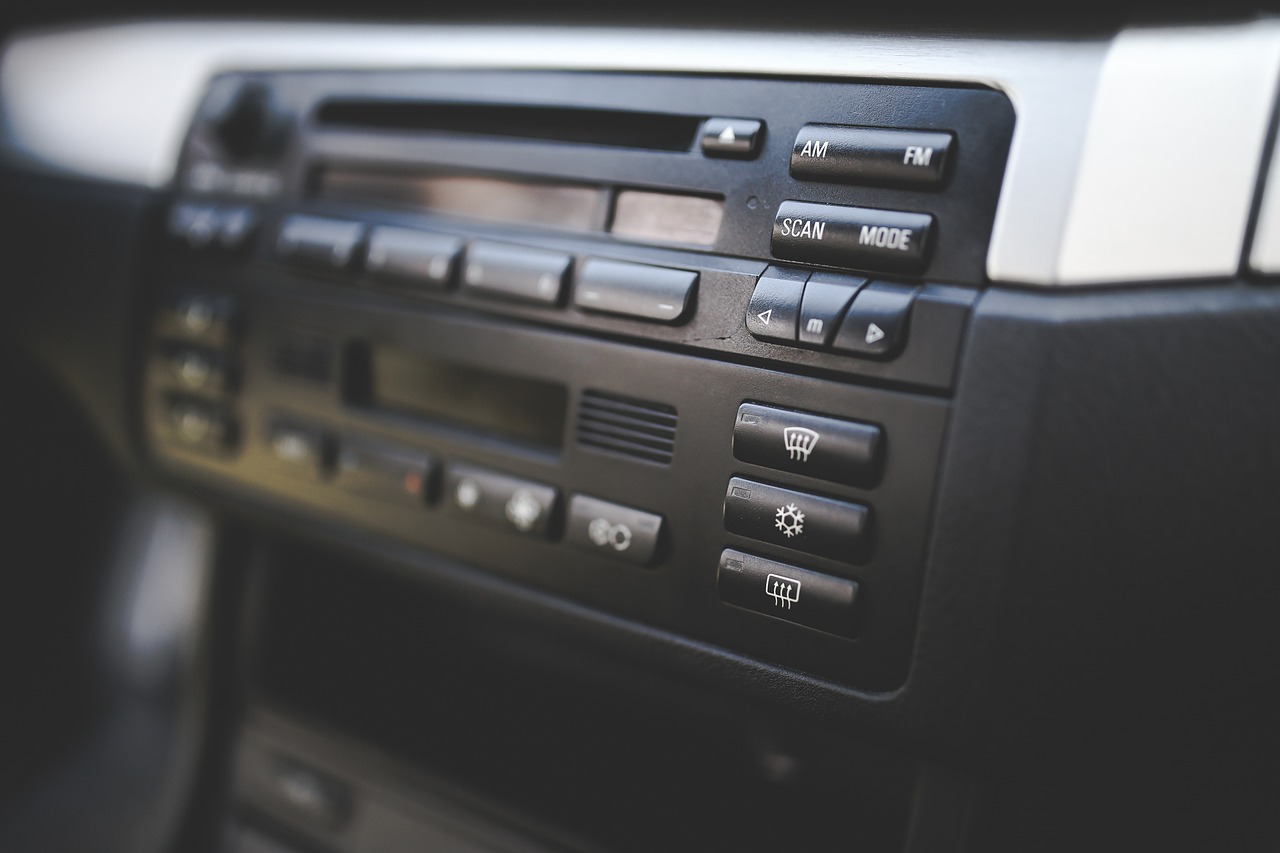The Impact of Connected Cars on Urban Traffic Management
Connected cars, although promising significant advancements in transportation, present several challenges for urban traffic management. One prominent issue is the potential increase in data processing requirements. The sheer volume of data exchanged between connected vehicles and infrastructure systems could overwhelm existing networks, leading to delays in real-time traffic monitoring and response mechanisms.
Furthermore, interoperability among different connected car systems poses a key challenge. As various car manufacturers develop their own proprietary technologies, ensuring seamless communication between vehicles from different brands becomes complex. This lack of standardization may impede the effectiveness of traffic management strategies reliant on data exchange between vehicles and infrastructure.
Benefits of Connected Cars in Improving Traffic Flow
Connected cars have the potential to significantly improve traffic flow in urban areas. By sharing real-time data with each other and traffic management systems, these vehicles can help optimize traffic patterns, reduce congestion, and enhance overall road safety. Through advanced technologies such as predictive analytics and intelligent routing, connected cars can adapt to changing traffic conditions proactively, leading to smoother traffic flow and shorter travel times for drivers.
Moreover, connected cars can also enable more efficient communication between vehicles and traffic lights, allowing for better coordination at intersections. This enhanced communication can help to reduce unnecessary stops and starts, minimizing traffic bottlenecks and improving the overall flow of vehicles through busy city streets. Ultimately, the integration of connected cars into urban traffic management systems has the potential to revolutionize how we experience and navigate through congested city streets, making our daily commutes more efficient and less stressful.
How do connected cars contribute to improving traffic flow?
Connected cars can communicate with each other and with traffic management systems, allowing for smoother traffic flow, reduced congestion, and more efficient routing.
What are some key challenges in urban traffic management due to connected cars?
Some challenges include data privacy concerns, cybersecurity risks, the need for infrastructure upgrades, and potential traffic disruptions during the transition to connected car technology.
Can connected cars help reduce traffic accidents?
Yes, connected cars can help reduce traffic accidents by providing real-time information on road conditions, potential hazards, and other vehicles’ movements, allowing for quicker reaction times and safer driving.
How can connected cars benefit the environment?
Connected cars can improve fuel efficiency by optimizing routes and reducing idling time, leading to lower emissions and a greener, more sustainable transportation system.
Are there any potential downsides to the widespread adoption of connected cars?
Some potential downsides include concerns about data privacy and security, the need for significant infrastructure investments, and the potential for job displacement in certain industries related to traditional transportation.





